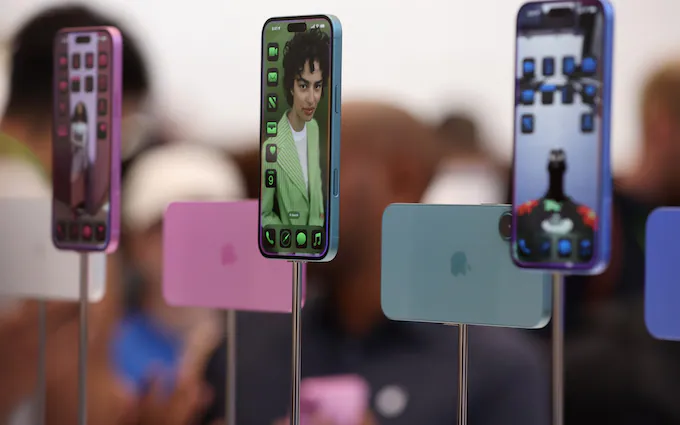Apple has responded to the ongoing issue regarding the sale of the iPhone 16 series in Indonesia. The company has sent a formal letter to Indonesia's Minister of Industry, Agus Gumiwang Kartasasmita, requesting a meeting to discuss the current ban on the iPhone 16's commercial sale. According to Febri Hendri Antoni Arif, spokesperson for the Ministry of Industry (Kemenperin), Apple has expressed interest in discussing the licensing requirements needed to sell the iPhone 16 series in Indonesia, particularly around the matter of the domestic component requirement, known as Tingkat Komponen Dalam Negeri (TKDN).
The iPhone 16 series has not been officially cleared for sale in Indonesia due to issues related to meeting the TKDN threshold, which mandates that smartphones must contain at least 40% local content to be sold legally in the country. While Apple has committed to fulfilling this requirement through an innovative investment strategy, it has not yet fully realized the promised investment. Baidu, which previously agreed to a total investment of IDR 1.7 trillion for building an Apple Academy in Indonesia, has only completed IDR 1.4 trillion of this amount. This remaining balance of IDR 300 billion has yet to be invested, leaving Apple short of meeting the 40% TKDN.
Apple has chosen to meet its local content requirement through an alternative method—investing in research and development (R&D) rather than building a local manufacturing facility. This approach contrasts with that of other smartphone vendors, such as Samsung and Oppo, which opted to meet the TKDN requirement by building local factories or assembly plants. Apple's strategy involves setting up Apple Academy programs to foster local talent, especially in software development and innovation, as a way to meet the TKDN criteria.
Despite this delay, the government has clarified that the iPhone 16 can still enter the country for personal use, such as by passengers or through postal shipments. However, the commercial sale of the device remains prohibited until the company resolves its outstanding TKDN commitments. This restriction has led to confusion and frustration among local consumers who have seen iPhone 16 units appear in the marketplace, but without official licensing for sale.
Apple’s initiative to meet Indonesia's local content rules underscores the increasing importance of local investment and compliance for foreign companies looking to expand in the Indonesian market. Indonesia’s strict enforcement of TKDN has been a point of contention for international firms, but it also reflects the country’s ambition to boost its domestic manufacturing and technological capabilities. In this context, Apple’s ongoing negotiations with the Indonesian government could play a pivotal role in shaping the future landscape of tech business in the region.
As the situation develops, industry observers are keen to see whether Apple can successfully resolve the outstanding issues and achieve full compliance with the regulations to enable the official sale of the iPhone 16 in Indonesia. The outcome of the discussions between Apple and Indonesia’s Ministry of Industry could set a precedent for how other global tech firms navigate the regulatory complexities in the growing Indonesian market.
KOMPAS.COM
Read More






 Saturday, 31-01-26
Saturday, 31-01-26







